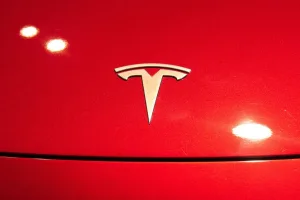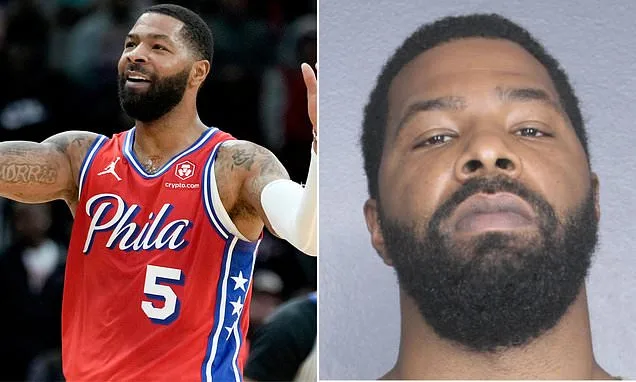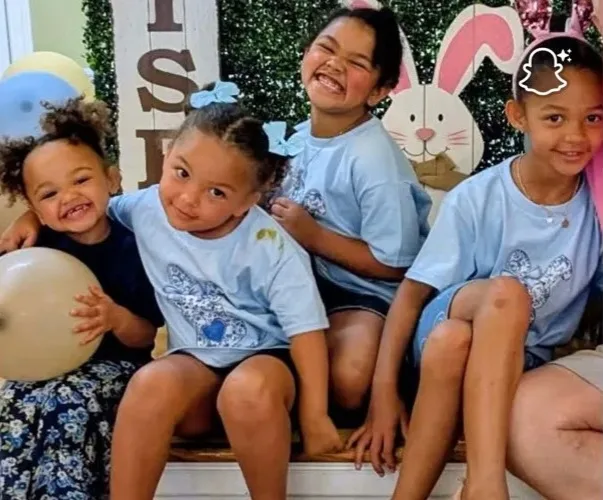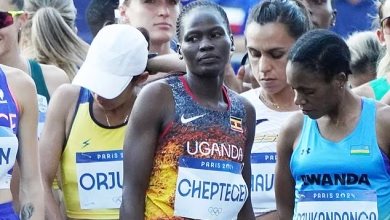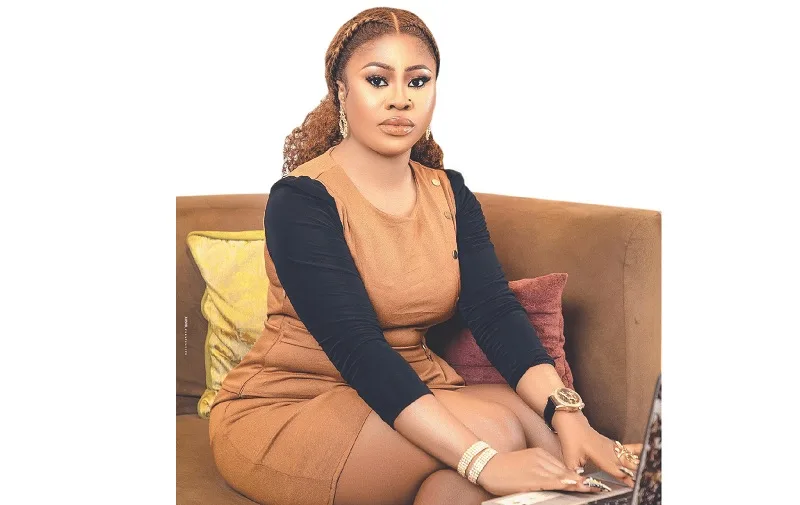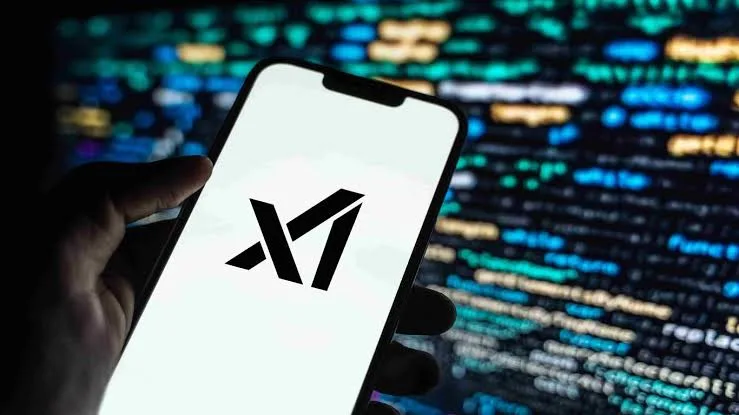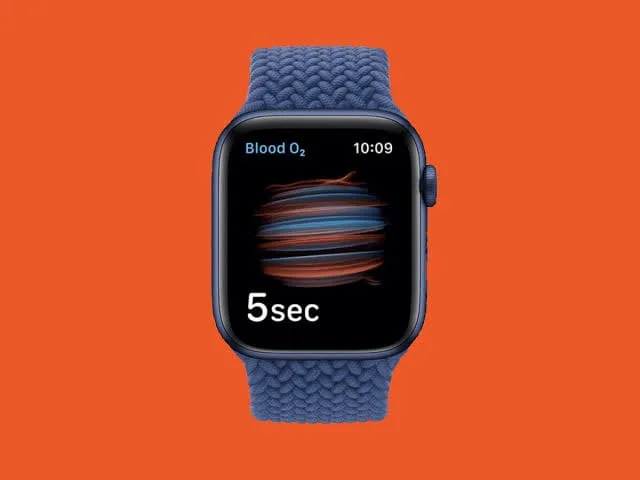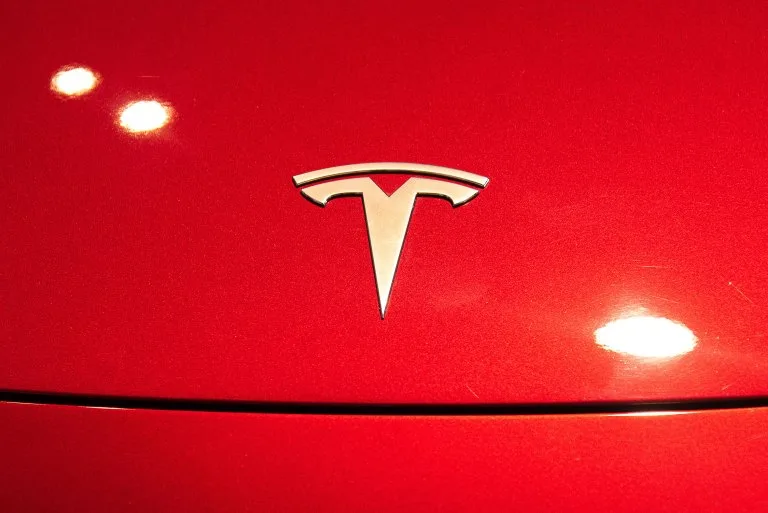
Tesla Found Partly Responsible for 2019 Crash Involving Autopilot
Tesla has been found partially responsible for a fatal crash that happened back in 2019 involving its Autopilot driver-assistance system. A jury in a federal court in Miami gave a ruling that awarded a total of $329 million in compensatory and punitive damages to the victims’ families. The case came down to the fact that neither the driver nor the Autopilot system made any attempt to stop the car before it ran through an intersection and collided with an SUV. That crash ended the life of 20-year-old Naibel Benavides Leon and left her boyfriend, Dillon Angulo, with severe injuries.
Now, what makes this case a landmark is how the blame was shared. The jury said the driver was two-thirds responsible for what happened, but Tesla wasn’t left off the hook—they were held accountable for the remaining one-third. Meanwhile, the driver is also being sued separately.
This verdict marks a shift. Tesla, which has faced similar lawsuits before, had often managed to settle them behind closed doors. But this time, the matter played out publicly, and the company is now dealing with the legal and public fallout of what their technology has done or failed to do.
The attorney representing the victims, Brett Schreiber, didn’t hold back. He said Tesla designed Autopilot to work only on controlled-access highways, but chose not to restrict people from using it in other settings. He pointed directly at Elon Musk, saying the Tesla CEO misled the public with big claims that Autopilot drives better than humans. According to Schreiber, Tesla basically turned regular roads into experimental grounds, and ordinary people like Naibel and Dillon ended up as the test subjects. He called it a case of corporate hype endangering lives for the sake of stock market value.
Tesla, on their part, strongly disagrees with the verdict and has made it clear that they plan to appeal. The company believes there were significant legal mistakes and irregularities during the trial. In their defense, Tesla claimed that no car available in 2019 or even now would have been able to stop the accident from happening. They also insisted that this wasn’t truly about Autopilot, but a legal spin by the plaintiffs’ lawyers to deflect from the driver’s admitted responsibility.
This isn’t the first time Tesla’s Autopilot has been in the spotlight. In 2020, the National Transportation Safety Board looked into a similar case where a driver using Autopilot crashed into a concrete barrier and died. That driver had reportedly been playing a mobile game at the time. Following their investigation, the NTSB made several safety recommendations, which they later claimed Tesla ignored.
Elon Musk himself has acknowledged that people get too comfortable using Autopilot. He said the problem isn’t that people don’t understand how it works, it’s that they think they understand it more than they do.
This court decision comes just as Tesla is starting to roll out its long-awaited Robotaxi service in Austin, Texas. These self-driving cars rely on an even more advanced version of the technology at the heart of this trial. So it raises a big question: if the Autopilot from 2019 couldn’t be trusted, how sure are we that what’s coming next is any better—or safer?
